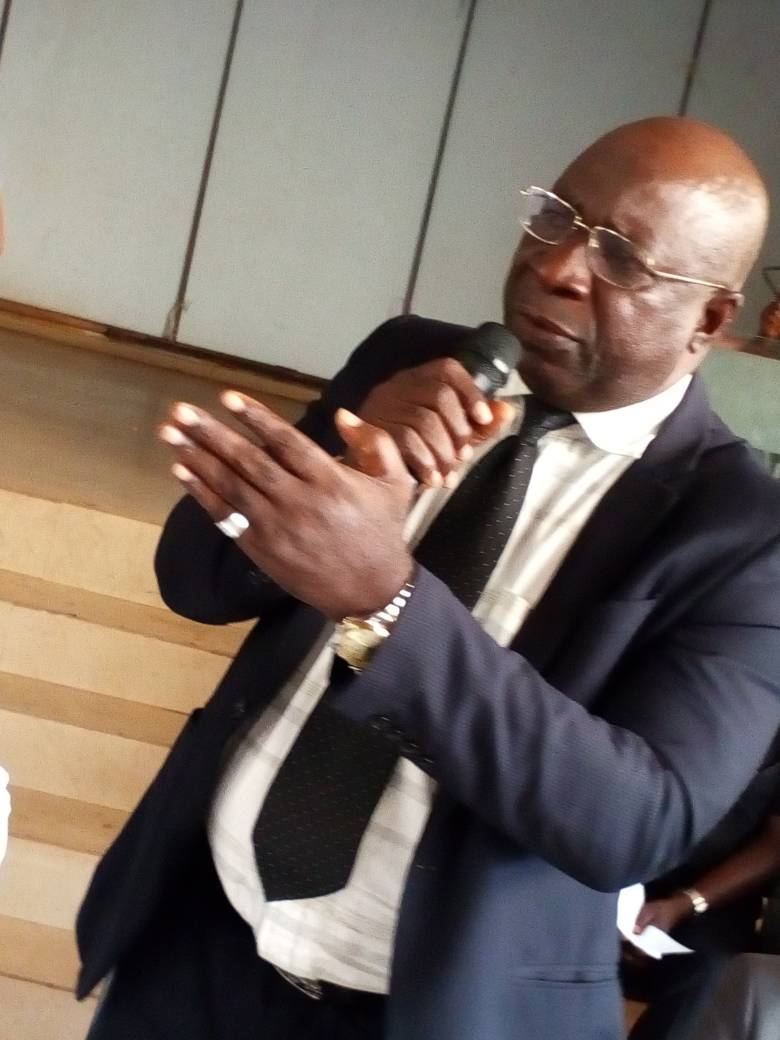The Independent Corrupt Practices and Other Related Offences Commission (ICPC), has called on civil servants to be mindful of virement in the course of discharging their official duties as it is an offence under the ICPC law.
Mr Amedu Sule, Zonal Commissioner, South-East Zonal office of ICPC made the call during a sensitisation programme organised recently for management staff of the National Health Insurance Scheme (NHIS) in Enugu state.
In a paper presentation titled: “The Role of Public Servants in the fight against Corruption”, Ahmedu stated that once a budget had gone through all the budgetary processes and passed as an Act of the National Assembly, the law at that point does not allow anybody to move funds from one sub-head to another, which he said would amount to virement adding that, it is an offence punishable under Section 22(5) of the Corrupt Practices and Other Related Offences Act 2000.
He also revealed that for such an act to be acceptable under the law, the chief executive of an organisation would have to write to the National Assembly requesting for such movement from one sub-head to another and get approval in order not to run foul of the provisions of the Act.
The Zonal Commissioner also highlighted the duties of the Commission as stipulated in Section (6) a-f) of its enabling law to include enforcement, prevention and enlightenment.
Earlier in her opening remarks, the Enugu State Coordinator of the NHIS, Mrs A. C. Ochor, implored the staff to give prompt attention to the lecture and also take the message seriously as it would equip and guide them in the discharge of their duties.
She also used the opportunity to call on all Heads of Ministries, Departments and Agencies (MDAS) in the state to be mindful of acts that encourage corruption, adding that civil servants should identify with the Anti-Corruption Campaign to help minimise corruption in Nigeria.

